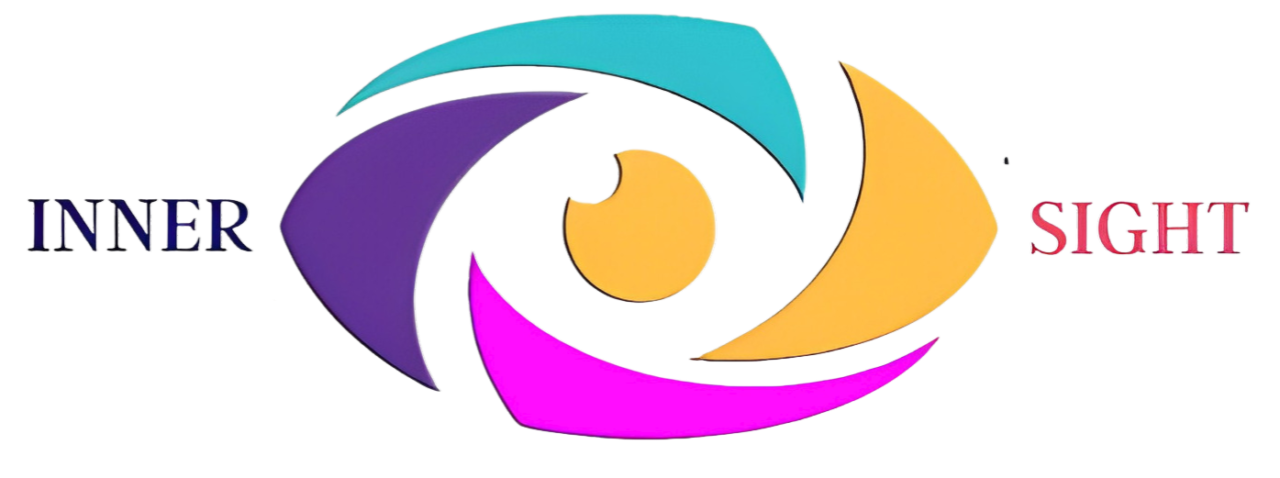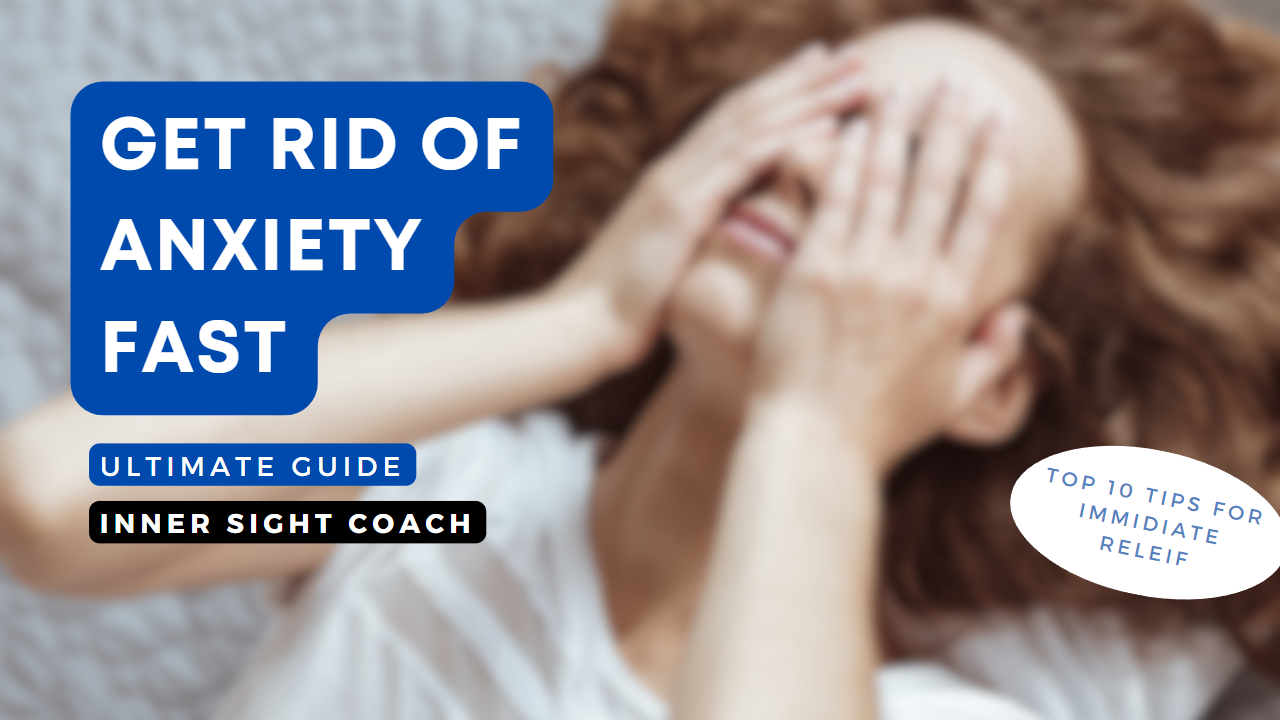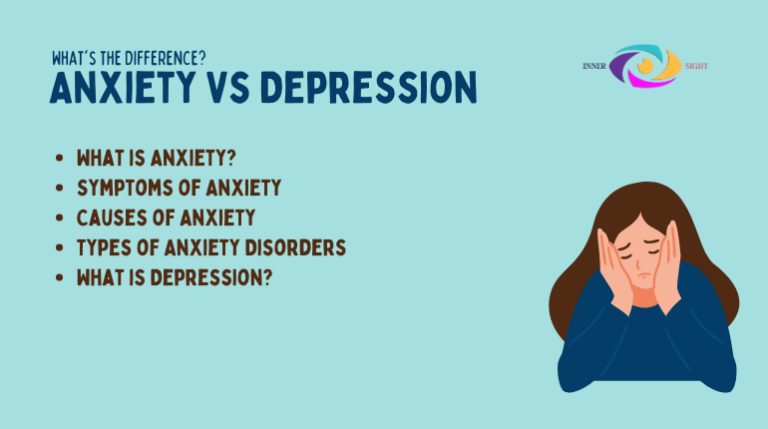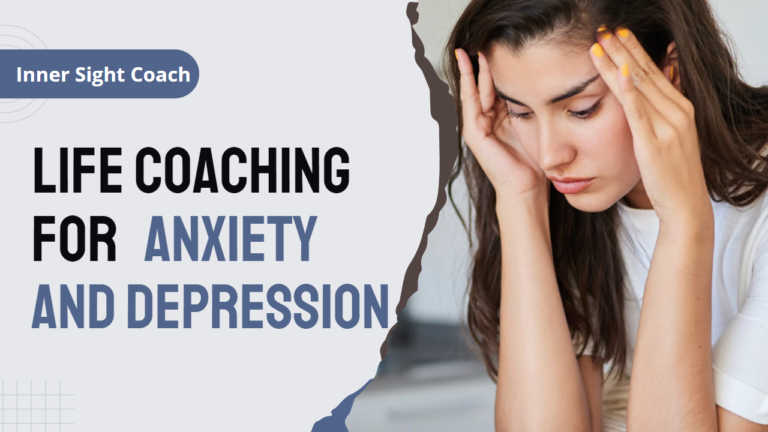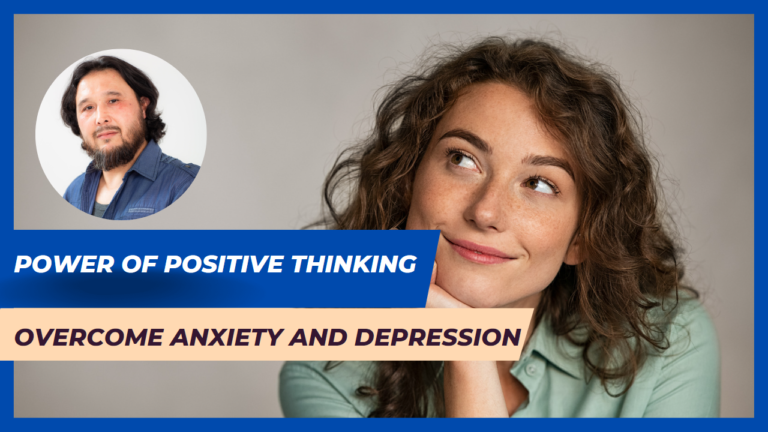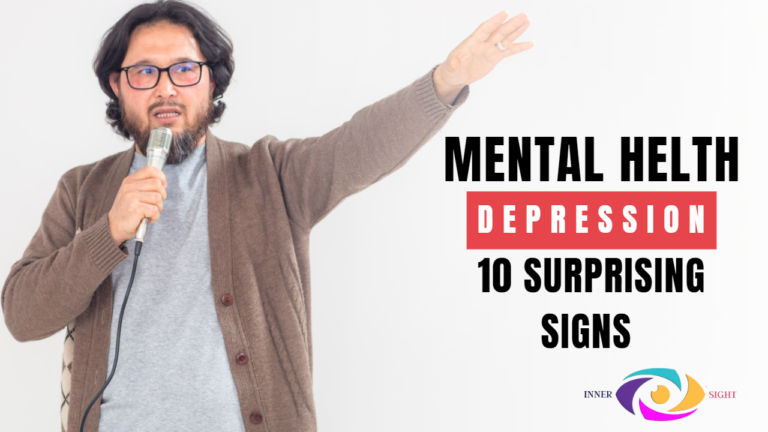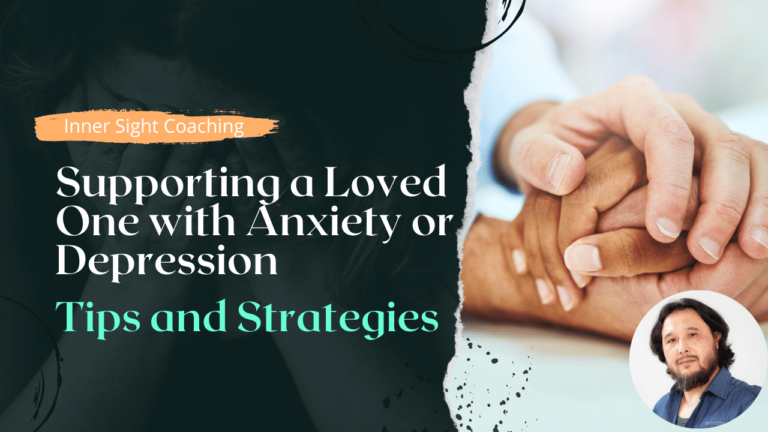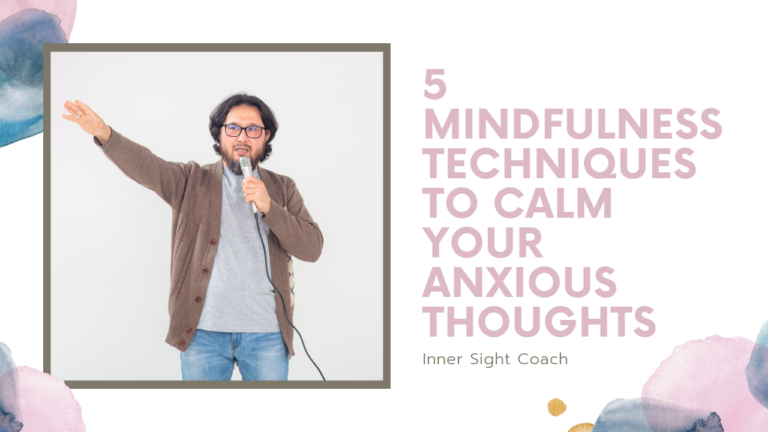Get Rid of Anxiety Fast: 10 Simple Tips for Immediate Relief
Anxiety is a feeling of fear, nervousness, or unease about something with an uncertain outcome. It is a common feeling that can affect anyone at any time, but it becomes a problem when it occurs frequently and interferes with daily activities. If you are experiencing anxiety, it is essential to find ways to manage it. In this article, we will discuss ten simple tips on how to get rid of anxiety fast.
What is Anxiety?
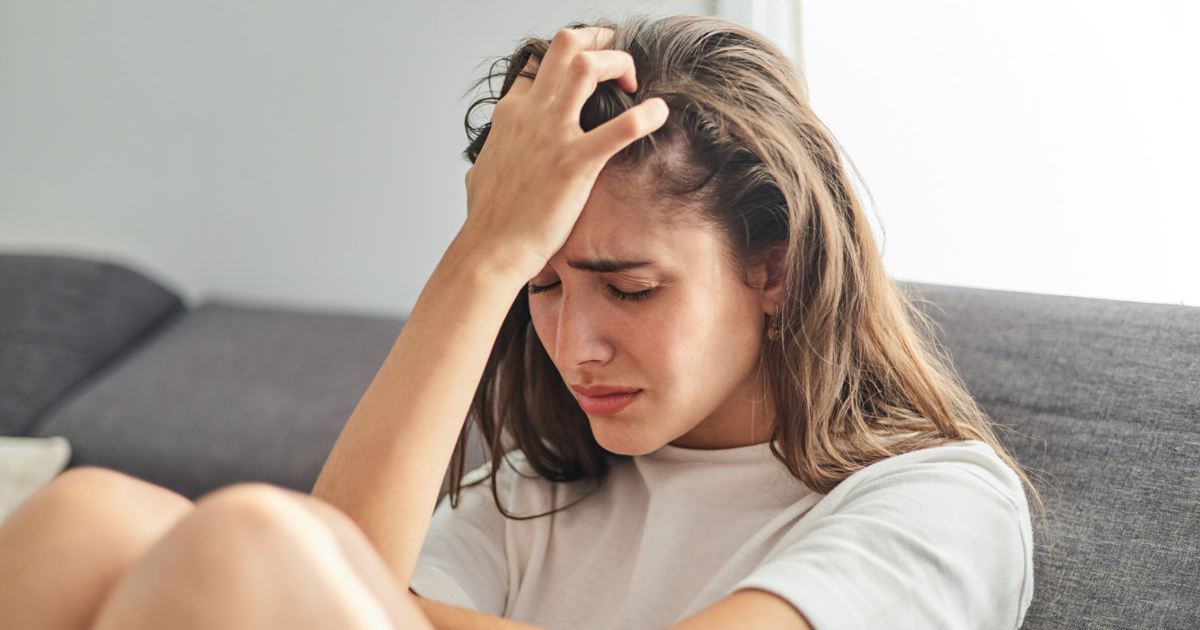
Anxiety is a normal and sometimes necessary human response to stress. However, when anxiety becomes excessive, uncontrollable, and interferes with daily life, it can be considered a disorder. Anxiety disorders can take many forms, including generalized anxiety disorder, panic disorder, social anxiety disorder, and specific phobias.
Symptoms
The symptoms of anxiety can manifest physically, emotionally, and behaviorally. Some common physical symptoms include rapid heartbeat, muscle tension, sweating, trembling, and sleep disturbances. Emotionally, anxiety can cause excessive worry, fear, and irritability. Behaviorally, anxiety can lead to avoidance behaviors and panic attacks.
Causes Of Anxiety
The exact causes of anxiety are not well understood and are likely multifactorial. Genetics, brain chemistry, environmental factors, and life experiences can all play a role in the development of anxiety disorders. Trauma, chronic stress, and certain medical conditions can also increase the risk of developing anxiety. It is important to seek professional help to properly diagnose and manage anxiety disorders.
| Common Anxiety Symptoms | Techniques to Alleviate Anxiety |
| Feelings of restlessness or irritability | Deep breathing exercises |
| Difficulty concentrating | Progressive muscle relaxation |
| Muscle tension | Mindfulness meditation |
| Sleep disturbances | Visualization exercises |
| Excessive worry or fear | Engage in relaxing activities such as taking a bath, going for a walk, or listening to music |
| Rapid heartbeat | Practice the 3 3 3 rule by identifying three things you can see, hear, and feel |
| Sweating | Engage in problem-solving skills to address underlying issues |
| Trembling | Seek social support from friends or family members |
| Avoidance behaviors | Seek therapy or counseling to address underlying causes of anxiety |
| Panic attacks | Consider medication under the guidance of a healthcare professional |
1. Identify the Triggers
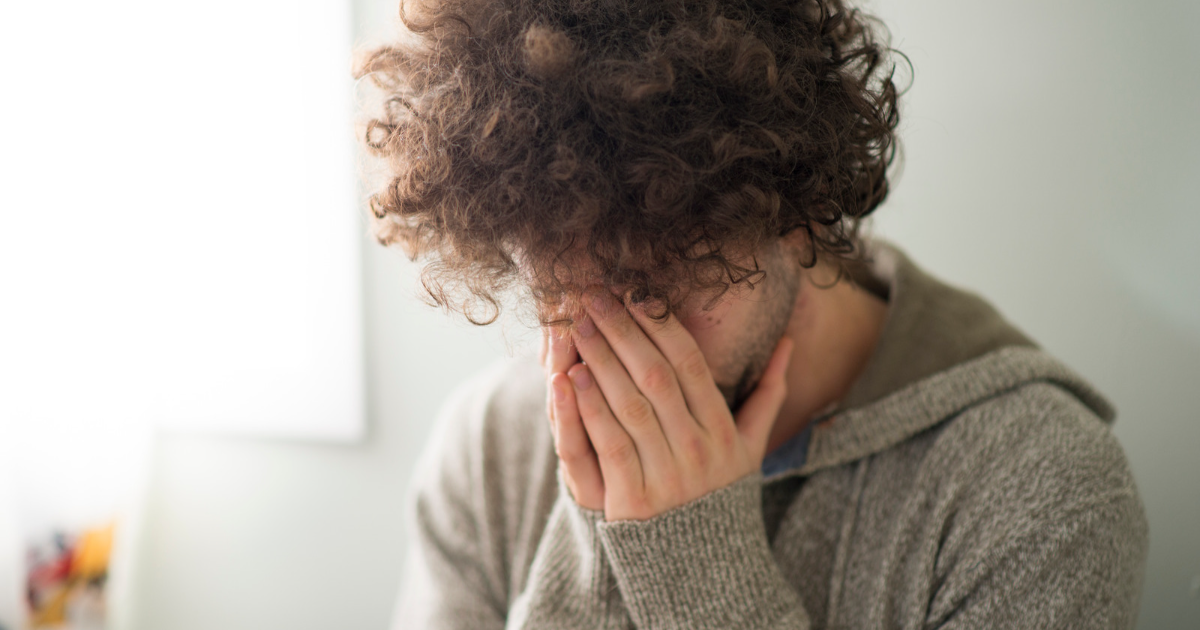
Identifying triggers is the first step in managing anxiety. Triggers can be anything that causes anxiety, such as a particular situation or thought. Identifying triggers can help you learn to avoid them or find ways to manage them better. Some common triggers of anxiety include stress, caffeine, and social situations.
To Get Rid of Anxiety Fast you have to identified your triggers, you can find ways to manage them. For example, if stress is a trigger for you, you can try relaxation techniques such as deep breathing, progressive muscle relaxation, or meditation.
If caffeine is a trigger, you can try reducing your intake or switching to decaffeinated drinks. It is important to note that triggers can change over time, so it is essential to regularly check in with yourself and identify new triggers.
2. Practice Deep Breathing
Deep breathing is an effective way to reduce anxiety. It is a relaxation technique that helps to calm the mind and relax the body. Deep breathing can be practiced anywhere and anytime, making it a convenient way to manage anxiety.
To practice deep breathing, find a quiet place and sit comfortably. Inhale deeply through your nose, hold for a few seconds, and then exhale through your mouth. Repeat this several times until you feel relaxed.
Deep breathing can also be combined with other relaxation techniques such as progressive muscle relaxation or visualization. When practicing deep breathing, focus on your breath and try to clear your mind of any thoughts.
You can also try counting while inhaling and exhaling to help focus your mind on your breath. With regular practice, deep breathing can become a habit that helps to reduce anxiety in the long term.
3. Exercise Regularly
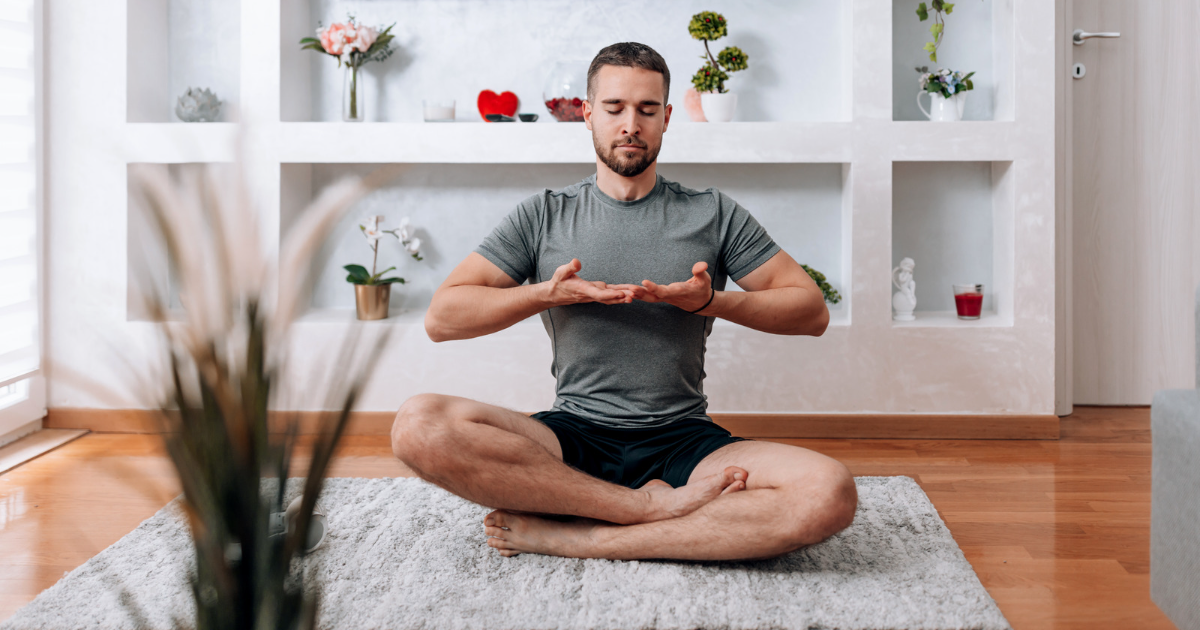
Regular exercise is not only good for your physical health but can also help to reduce anxiety. Exercise releases endorphins, which are chemicals in the brain that promote feelings of happiness and well-being.
It also helps to reduce the levels of the stress hormone cortisol in the body. Cortisol is often associated with anxiety and stress, so reducing its levels can help to alleviate anxiety symptoms.
You don’t have to engage in intense exercise to reap the benefits. Simple activities such as walking, jogging, or yoga can be effective in reducing anxiety. Aim for at least 30 minutes of exercise per day, and try to make it a regular habit.
You can also incorporate exercise into your daily routine, such as taking the stairs instead of the elevator or walking to work instead of driving, this will also help you to get rid of anxiety fast.
4. Get Enough Sleep
Lack of sleep can contribute to anxiety and stress. When you don’t get enough sleep, your body produces more cortisol, which can increase anxiety symptoms. It can also make it more challenging to cope with stress, which can lead to increased anxiety.
To get enough sleep, try to establish a regular sleep schedule. Go to bed and wake up at the same time every day, even on weekends. Avoid caffeine and alcohol before bedtime, as they can disrupt your sleep. Make your bedroom comfortable and conducive to sleep by keeping it dark, quiet, and cool.
5. Practice Mindfulness
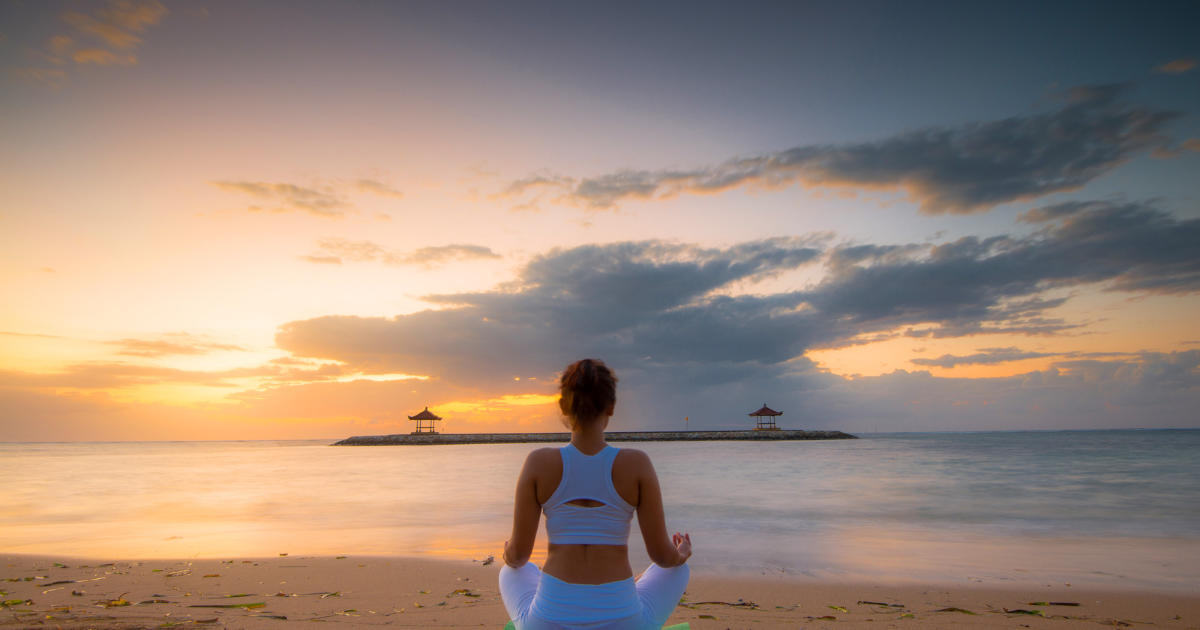
Mindfulness is a technique that involves being present at the moment and focusing on the present experience. It can help to reduce anxiety by reducing the focus on negative thoughts and emotions. Mindfulness can be practiced in several ways, such as meditation, deep breathing, or yoga.
To practice mindfulness, find a quiet place and sit comfortably. Close your eyes and focus on your breath. If your mind starts to wander, gently bring it back to your breath. You can also try visualization, where you imagine a peaceful scene or place. With regular practice, mindfulness can become a habit that helps to reduce anxiety in the long term.
6. Seek Professional Help
If your anxiety is severe or interfering with your daily life, it is important to seek professional help. A mental health professional can help you develop a treatment plan that works for you. They can also provide you with coping strategies and techniques to manage your anxiety.
Some effective treatments for anxiety include cognitive-behavioral therapy (CBT), medication, or a combination of both. CBT is a type of therapy that helps you identify and change negative thought patterns that contribute to anxiety. Medications such as antidepressants or anti-anxiety medications can also be effective in managing anxiety.
7. Practice Self-Care

Self-care is essential for managing anxiety. It involves taking care of yourself physically, emotionally, and mentally. Some self-care activities include getting enough sleep, eating a healthy diet, engaging in regular exercise, and practicing mindfulness.
It is also important to make time for activities that you enjoy, such as hobbies or spending time with friends and family. Self-care can help to reduce stress and promote feelings of well-being, which can alleviate anxiety symptoms.
8. Limit Exposure to Triggers
While it may not be possible to avoid all triggers, it is important to limit exposure to them when possible. For example, if watching the news triggers your anxiety, you can try limiting your exposure to it or finding a less stressful way to stay informed.
You can also try to create a calming environment at home or work. This may involve adding plants, playing soothing music, or creating a comfortable space to relax in.
9. Practice Gratitude
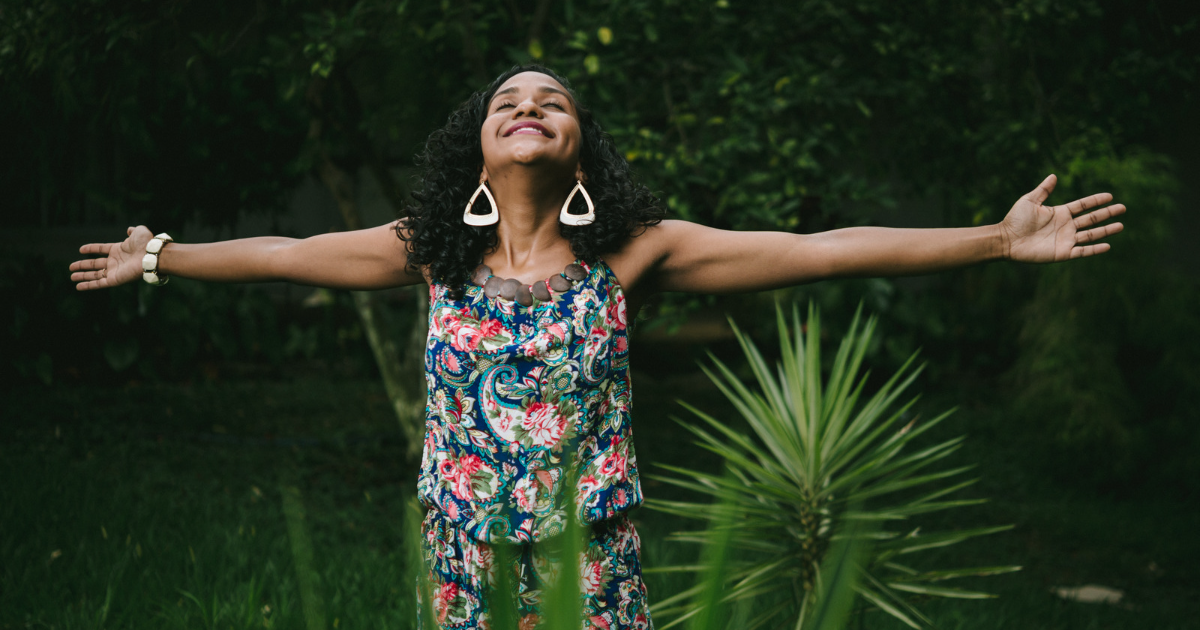
Practicing gratitude involves focusing on the positive aspects of your life and expressing gratitude for them. It can help to reduce anxiety by promoting feelings of positivity and well-being.
You can practice gratitude by keeping a gratitude journal, where you write down things that you are grateful for each day. You can also express gratitude by saying thank you to someone or by simply taking a moment to appreciate the good things in your life.
10. Take a Break
Sometimes, the best thing you can do to reduce anxiety is to take a break. Taking a break can help you to recharge and reset, which can alleviate feelings of stress and anxiety. You can take a break by engaging in a relaxing activity, such as reading a book, taking a bath, or listening to music.
It is also important to take breaks throughout the day, especially if you have a stressful job or schedule. Taking short breaks can help to reduce the buildup of stress and anxiety throughout the day.
Contact us!
At Inner Sight Coach, we understand that managing anxiety can be challenging, and we are here to get rid of anxiety fast. Our team of experienced coaches are passionate about helping individuals overcome anxiety and achieve their personal goals. We offer live coaching sessions designed to provide practical tips and strategies for managing anxiety and building resilience.
To schedule a session with one of our coaches, simply fill out the contact form on our website or email us directly at contact@innersightcoach.com. We will respond to your inquiry promptly and work with you to find a time that fits your schedule. During the session, you will work with your coach one-on-one to identify your personal triggers, develop coping mechanisms, and build a toolbox of practical strategies to manage anxiety in your daily life.
Whether you are dealing with generalized anxiety, social anxiety, or panic attacks, our team has the expertise and compassion to help you overcome your challenges and achieve your goals. Don’t let anxiety hold you back – contact us today to schedule a live coaching session with Inner Sight Coach. We look forward to working with you!
FAQ’s
How can I calm my anxiety?
There are many techniques you can use to get rid of anxiety fast, including deep breathing, progressive muscle relaxation, visualization, and mindfulness meditation. It’s also helpful to engage in activities that promote relaxation, such as taking a bath, going for a walk, or listening to music.
What are the 3 3 3 rules for anxiety?
The 3 3 3 rules for anxiety involve finding three things you can see, three things you can hear, and three things you can feel. Focusing on these sensations can help to ground you in the present moment and alleviate feelings of anxiety.
What are the 4 coping skills for anxiety?
The 4 coping skills for anxiety include relaxation techniques, cognitive restructuring, problem-solving skills, and social support. These skills can help you manage anxiety by reducing stress, changing negative thought patterns, addressing underlying issues, and seeking help from others.
What is the fastest way to resolve anxiety?
There is no one-size-fits-all answer to resolving anxiety quickly, as everyone’s experience of anxiety is different. However, some techniques that may help to get rid of anxiety fast include deep breathing, grounding exercises, and progressive muscle relaxation.
What is anxiety, and how does it differ from stress?
Anxiety is a condition characterized by excessive worry, fear, and apprehension. It differs from stress in that stress is a response to external pressures, whereas anxiety often arises without a specific trigger and can persist even when stressors are removed.
What are some common symptoms of anxiety?
Common symptoms of anxiety include feelings of restlessness or irritability, difficulty concentrating, muscle tension, sleep disturbances, and excessive worry or fear. Physical symptoms such as rapid heartbeat, sweating, and trembling may also occur.
Can anxiety be cured, or is it something that you have to manage for life?
Anxiety is a manageable condition, but there is no cure. With treatment and self-care, many people can manage get rid of anxiety fast, effectively and live fulfilling lives.
Is it possible to manage anxiety without medication?
Yes, it is possible to manage anxiety without medication. Relaxation techniques, cognitive-behavioral therapy, and lifestyle changes can be effective in reducing anxiety symptoms.
How long does it take to see improvements in anxiety symptoms with self-care and relaxation techniques?
The timeline for seeing improvements in anxiety symptoms varies from person to person. Some people may experience immediate relief, while others may need to practice self-care and relaxation techniques for several weeks or months before seeing significant improvements. It’s important to be patient and persistent in your efforts to get rid of anxiety fast.
